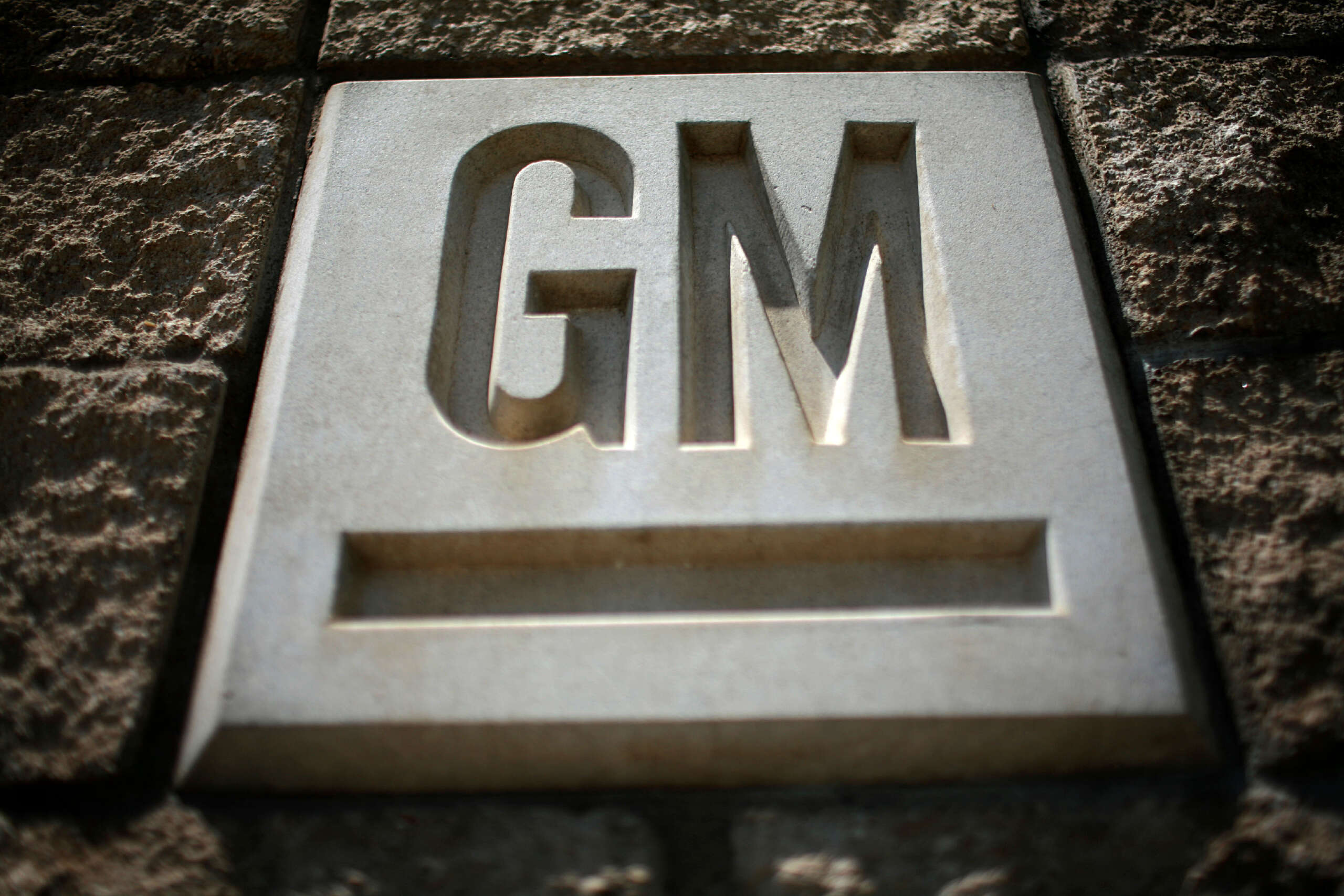The workers join over 40,000 other UAW members on the picket line in the union’s fifth week of striking.
On Tuesday morning, General Motors (GM) announced their latest quarterly revenue, reporting billions of dollars in profit and beating Wall Street expectations.
In response, just hours later, 5,000 workers at GM’s largest and most profitable plant walked out, joining over 40,000 other workers who are picketing as part of the United Auto Workers (UAW) historic “Stand Up Strike” in its fifth week.
The surprise strike began after GM announced that it made over $3 billion in profit in the third quarter of 2023. The company said that the strike is costing it $200 million a week. But the company has still seen success in the first nine months of the year, reporting $8.9 billion in adjusted income, an increase of 11 percent over the same period last year — a year in which GM saw record earnings.
Workers walked out from Arlington Assembly in Texas, where they make SUVs like the Chevrolet Tahoe, GMC Yukon and Cadillac Escalade, which are among the biggest moneymakers for GM.
“As we’ve said for months: record profits equal record contracts,” said UAW President Shawn Fain. “It’s time GM workers, and the whole working class, get their fair share.”
The union says that the company’s latest contract offer is insufficient given GM’s $10 billion in profits so far this year. GM’s offer includes a two-tier wage system, a weak retirement contribution offer and insufficient cost of living adjustments.
“On the heels of their previous quarter, which set ‘a post-bankruptcy record’ in terms of revenue, it is clear that GM can afford a record contract and do more to repair the harm done by years of falling real wages and declining standards across the Big Three,” the union said.
GM has said that it has provided a “comprehensive” offer and that the company is “disappointed” by the strike.
The walkout comes one day after UAW announced the largest expansion of its strike so far. The union has been steadily rolling out strikes at the Big Three U.S. automakers following the expiration of the last workers’ contract in September.
In another surprise action on Monday, nearly 7,000 workers at the Michigan Stellantis plant, the company’s largest facility, began striking. The plant makes the Ram 1500 pickup truck — among Stellantis’s most profitable products.
The steady rollout of the strike — in which workers are being sent on strike local by local, rather than all at once — is a relatively unique tactic, allowing Fain and other union leaders to strategically time the strikes against the Big Three. Earlier this month, UAW won a major concession after it threatened to shut down the Arlington GM plant, getting GM to agree to include key electric vehicle manufacturing facilities into its national union agreement.
“We were about to shut down GM’s largest money maker, in Arlington Texas,” Fain said at the time. “Today, under threat of a major financial hit, they leapfrogged the pack in terms of a just transition. And here’s the punchline: Our strike is working. But we’re not there yet.”
The escalation of the strike is reflective of a trend within the labor movement at large, in which unions are becoming increasingly militant in their tactics — and winning bigger contracts as a result.
“Across the US, labor unions are winning surprisingly large contract settlements as workers have reset their expectations to demand considerably more than they did just a few years ago,” wrote labor reporter Steven Greenhouse for The Guardian this week, on a phenomenon he dubbed the “Great Reset.”
“The result has been a wave of impressive – sometimes eye-popping – union contracts over the past year, far more generous than in recent decades.”
The stakes have never been higher (and our need for your support has never been greater).
For over two decades, Truthout’s journalists have worked tirelessly to give our readers the news they need to understand and take action in an increasingly complex world. At a time when we should be reaching even more people, big tech has suppressed independent news in their algorithms and drastically reduced our traffic. Less traffic this year has meant a sharp decline in donations.
The fact that you’re reading this message gives us hope for Truthout’s future and the future of democracy. As we cover the news of today and look to the near and distant future we need your help to keep our journalists writing.
Please do what you can today to help us keep working for the coming months and beyond. As we work to raise $26,000 in the next 48 hours, your gift matters even more.
